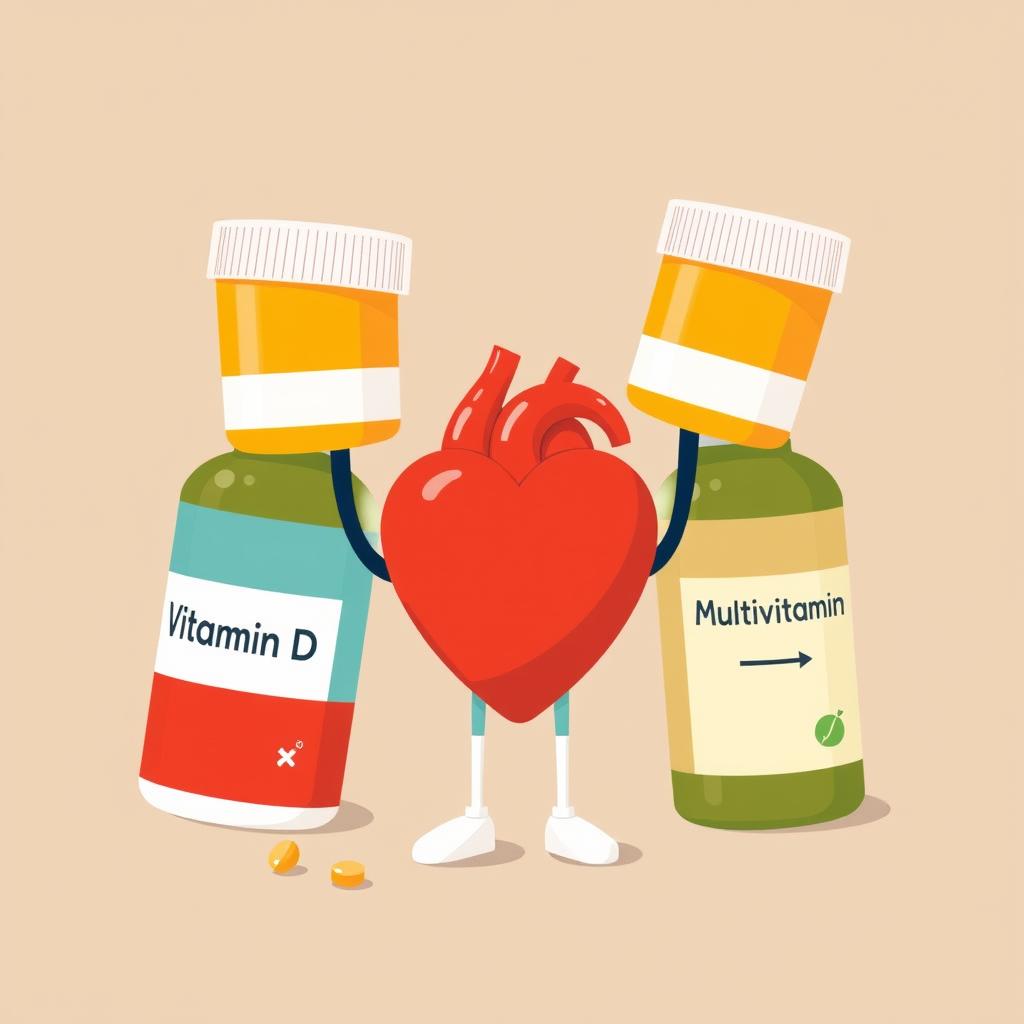
These diets and supplements may not really protect the heart
- September 13, 2019
- 2 Likes
- 423 Views
- 0 Comments
The evidence is mixed. Many people take supplements or follow diet fads to “guard” their hearts. However, large analyses paint a sobering picture: most do not significantly reduce heart attacks or strokes. A comprehensive review of 277 clinical trials found that common supplements like multivitamins, vitamin D, vitamin E, and others had no clear effect on heart disease or overall mortality sciencedaily.com. Dietary patterns showed few miracles either: only strict low-sodium diets and omega-3 fish oil gave modest benefits, and even those were limited.

- Supplements: A Johns Hopkins-led analysis reported that the vast majority of vitamin and supplement regimens showed no benefit for heart health. For example, taking calcium plus vitamin D was actually linked to a slightly higher stroke risk sciencedaily.com. No trial showed significant improvements in mortality from vitamins C, E, D alone, or combined. Even multivitamins had no proven cardioprotective effect sciencedaily.com.
- Omega-3 fish oil: Once thought heart-friendly, fish oil supplements have had mixed trial results. The largest randomized trial (VITAL) showed that 1 g/day of omega-3 did not significantly reduce the overall risk of heart attacks, strokes, or cardiovascular death nhlbi.nih.gov. It did slightly reduce heart attack risk in certain subgroups (e.g. people who ate little fish), but researchers concluded that its usefulness in heart prevention is “nuanced, at best” nhlbi.nih.gov. In short, fish oil is not a guaranteed shield for most people.
- Fads and diets: Many trendy diets (ketogenic, keto, grain-free, detox cleanses, etc.) lack long-term evidence for heart protection. Some low-carb diets can improve some markers (like triglycerides) but may raise others (like LDL cholesterol). Conversely, some “heart-healthy” diets like Mediterranean diets do have good support. The key is that no single diet or pill is magic. Scientists emphasize focusing on proven habits: eating plenty of vegetables, fruits, whole grains, and lean proteins; maintaining healthy weight; regular exercise; and not smoking.

What works: time-tested advice. Given this, health experts recommend sticking to known heart-healthy practices:
- Fruits, veggies & whole grains. These foods contain fiber, antioxidants and healthy fats that support blood vessels.
- Limit excess sodium and sugar. High salt diets can raise blood pressure; added sugars and trans fats can raise harmful cholesterol.
- Exercise regularly. Physical activity strengthens the heart and blood vessels.
- Prescribed therapies. If you have high blood pressure or high cholesterol, proven medications (and medical guidance) are more reliable for reducing heart risk than over-the-counter supplements.
A senior researcher on the supplement review put it plainly: “The panacea or magic bullet… isn’t there. People should focus on getting nutrients from a heart-healthy diet,” because the data show most healthy adults don’t need extra pills sciencedaily.com nhlbi.nih.gov.



Leave Your Comment